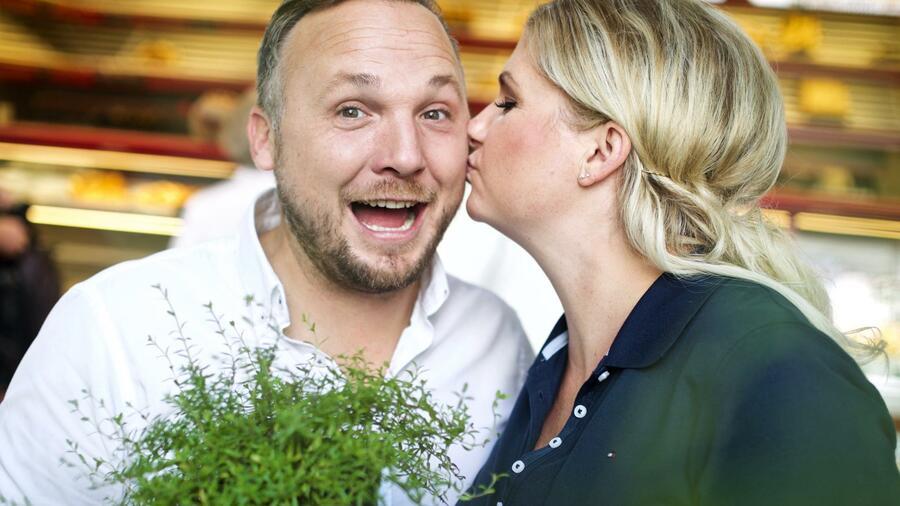Ankerkraut: What start-ups can learn from the controversial deal

Some of the outrage over Nestlé's Ankerkraut business may be inappropriate. But the start-up has only itself to blame. What other companies can learn from it.
Social networks are an idiosyncratic discussion arena to say the least. There is actually enough to talk about: War in Eastern Europe, the French seem to be seriously considering electing a right-wing extremist as president and the German government, which has only been in office since the end of 2021, has not been able to get off the defensive for months, even thanks to the resignation of the family minister. But no, other things were being discussed online this week. There were the love affairs of footballer Mats Hummels, the RTL amateur dramatics show "Die Passion" and the takeover of spice start-up Ankerkraut by Swiss food company Nestlé.
The latter in particular is really exciting, at least for the start-up bubble, as it serves as a lesson for other companies. Because it shows how your own communication strategy can blow up in your face. And that doesn't have to be the case.
The takeover by Nestlé led to a number of influencers, previously a reliable marketing channel for Ankerkraut, leaving the company. For those who don't know: in certain circles, Nestlé is seen as the epitome of evil, a satanic octopus responsible for everything that goes wrong in the food industry.
The criticism of Ankerkraut is a little cheap. The Swiss are by no means the only food giant to be criticized for its business practices. PepsiCo, number two in the industry by some metrics, has been accused in the past of its handling of water supplies at its production sites and its use of pesticides. Danone has had to defend itself against accusations that it pays kickbacks to midwives in order to sell its baby food. Kraft Heinz and Mondelez have also been the subject of repeated scandals. But none of these companies generated such a toxic reaction as Nestlé.
One could now go on and on analyzing why the company's reputation is in such a slump, even in comparison with the rest of the industry. More interesting, however, is the question of what start-ups can learn from the takeover by the food company The essence is simple: marketing and cooperation must go together. If you present yourself as a good, nice, sustainable company or rely heavily on influencers to sell your product, you must not cooperate with a company that is perceived as greedy, immoral or otherwise unclean. That's why founders sometimes have to bite the bullet and let money be money. Because it still makes a difference who it comes from. Someone like the Ankerkraut founders would otherwise be accused of having sold their soul (as I said: a satanic image, including a Faustian pact).
Conversely: Those whose reputation is not the best anyway can choose their partners freely. Does anyone believe that food and meal delivery services such as Gorillas, Flink or Delivery Hero are particularly decent companies? Anyone who takes a look at the conditions under which their drivers work can only deny this. Accordingly, the outrage should also be muted if one of these companies is now bought by Nestlé or a similar economic bogeyman.
How much does the episode hurt everyone involved? Nestlé won't care, of course, and a little more bad press at the company's headquarters in Vevey is unlikely to put anyone off. The Ankerkraut founders, on the other hand, can think about how they might be able to repair their long-established image. It is likely to be difficult. Because the pact with a metropolitan public obsessed with "good" consumption is also a Faustian one. Anyone who breaks the rules here will quickly end up in social media purgatory. Chance of redemption: slim.

Newsletter
Startups, stories and stats from the German startup ecosystem straight to your inbox. Subscribe with 2 clicks. Noice.
LinkedIn ConnectFYI: English edition available
Hello my friend, have you been stranded on the German edition of Startbase? At least your browser tells us, that you do not speak German - so maybe you would like to switch to the English edition instead?
FYI: Deutsche Edition verfügbar
Hallo mein Freund, du befindest dich auf der Englischen Edition der Startbase und laut deinem Browser sprichst du eigentlich auch Deutsch. Magst du die Sprache wechseln?


















